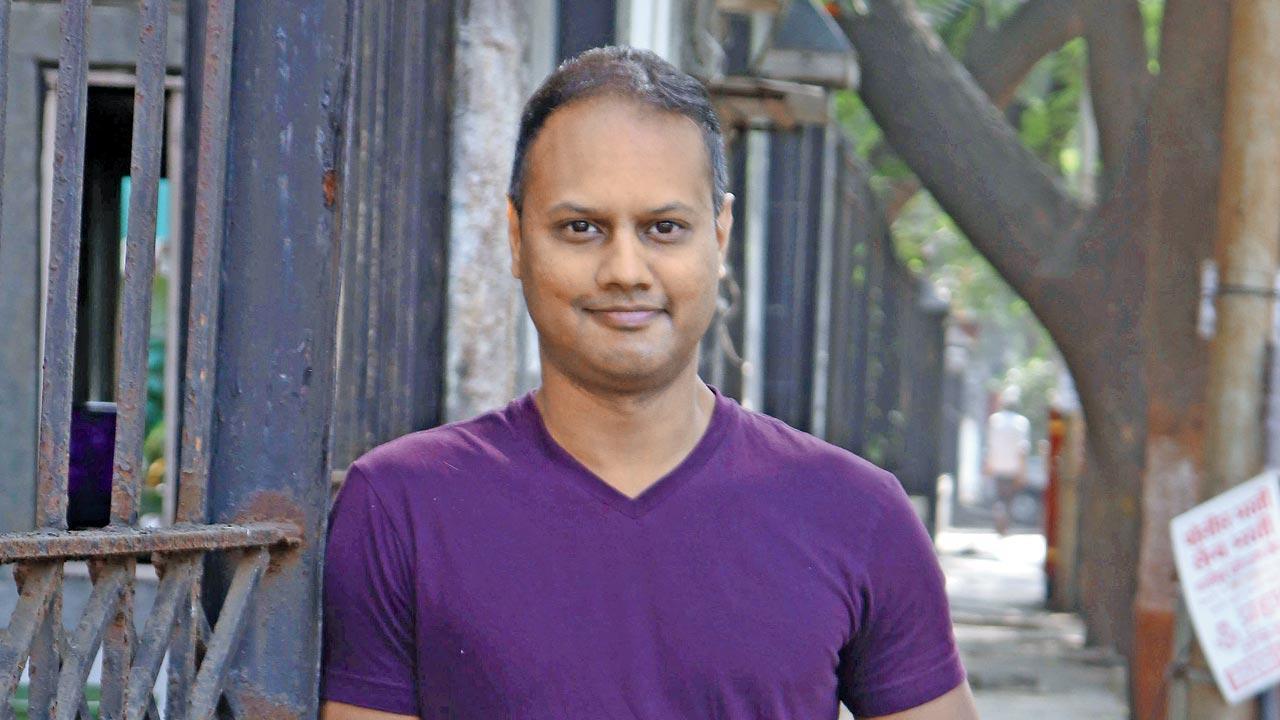Zebpay’s VP of Research and Development Prashanth Irudayaraj believes the major beneficiaries of crypto currencies will be the poor who will lose less of their earnings to layers of exploitative middlemen

Prashanth Irudayaraj. Pic/Anurag Ahire
Prashanth Irudayaraj
ADVERTISEMENT
I’m always optimistic about the power of technology to make the world better, and distributed ledger technology (the broader term for the technology behind crypto) is no different. Much like the printing press enabled modern democracies, or the Internet which democratised access to knowledge, DLT is reducing the cost of trust.
I urge you to ignore the rampant speculation and hype around crypto currencies and focus on the bigger picture, one where DLT systems eliminate middlemen and allocate and preserve more of the value to makers, the people building and creating real value. The major beneficiaries of this will be the poor who will lose less of their earnings to layers of exploitative middlemen.
We pay heavily for trust, and the poorest among us pay the most. Bitcoin is a type of DLT system and is not perfect, but it is already helping the poor store and transfer wealth much more effectively because people trust its guarantee of absolute scarcity. This makes it inflation-proof, which means that it is immune to the inflation created by irresponsible money printing. This is why El Slavador and other South American nations are adopting bitcoin… they’ve been burned too many times by governments (read middlemen) printing money to the point where savings lose all value. Even with its major price swings, Bitcoin has the potential to be a better store of value in the long term than local currencies or the US dollar.
More importantly, many of these poorer nations also depend on remittances, for which middlemen like Western Union and other money transfer agents charge exorbitant fees. With crypto currencies running on DLT, remittances don’t need to go through these middlemen and so more of the value goes to the poor that need it. Crypto transfers to poorer family members are also often quicker and more secure.
But this is only the beginning. The best is yet to come.
Let’s start with the centralisation of wealth and power in the tech world. We trust our data to centralised corporations like Amazon, Google, Facebook, etc… and we pay a lot for this trust. Your Instagram and Facebook accounts may be free, but are they really? Your data clearly has value and these corporations use this data to earn incredibly large revenues. Shouldn’t this revenue belong to you? It’s your data after all. And for the poorest among us, wouldn’t they benefit the most from being paid for the use of their data?
DLT as a part of web 3, a suite of new technologies hoping to decentralise the tech world could help redistribute the vast wealth being accumulated by these giant tech companies, to us, the users, the people creating the technology, content, data, networks and interactions that drive the tech ecosystem.
But the bigger target is the financial world, which for most of the last century has earned enormous amounts of money for providing… you guessed it… ‘Trust’. Why else would you prefer to bank at a Citibank instead of with the paanwala across the street. And once again the cost of this trust has been a concentration of immense wealth for a few at the expense of many.
Distributed Finance, built on DLT, does everything a financial institute can do, but at a fraction of the cost and with universal access. Anyone with an Internet connection can create an account, trade assets, create financial products and services, all from the comfort of their bedroom. To participate in distributed finance you don’t need to work on Wall Street, or have a college degree, or even a high school degree for that matter. There is no barrier to entry, so rich and poor alike are free to participate in the financial economy to the level their abilities permit. With DeFi, that paanwalla across the street could feasibly provide financial services with the same degree of trust and global access as a Citibank, and at a fraction of the cost.
There is so much more to explore and innovate in this new era of lower cost trust. For our part, we are working on ways to directly enhance the lives of the poor and vulnerable in novel ways. For example, SolarBTC is an experimental project still under development and hopes to help rural Indian women earn a sustainable income by mining crypto currencies (zebpay.com/solarbtc). Wouldn’t it be cool if rural Indian women became a force to reckon with in the new decentralised economy? What if we could reward great scientists and engineers for species saving breakthroughs instead of ‘wanker bankers’ who just move money around from one place to another?
As Indians, it is our birthright to non-violently change the world. It’s time to build a better future.
Prashanth Irudayaraj is the head of R&D at ZebPay, India’s leading bitcoin exchange platform
 Subscribe today by clicking the link and stay updated with the latest news!" Click here!
Subscribe today by clicking the link and stay updated with the latest news!" Click here!







